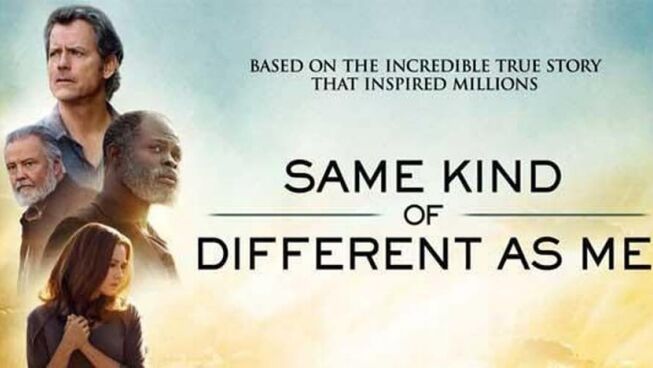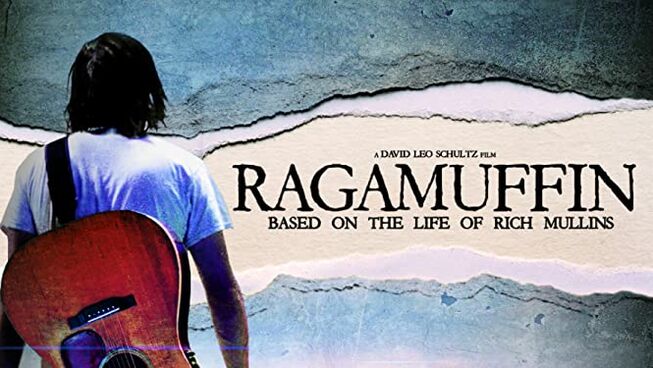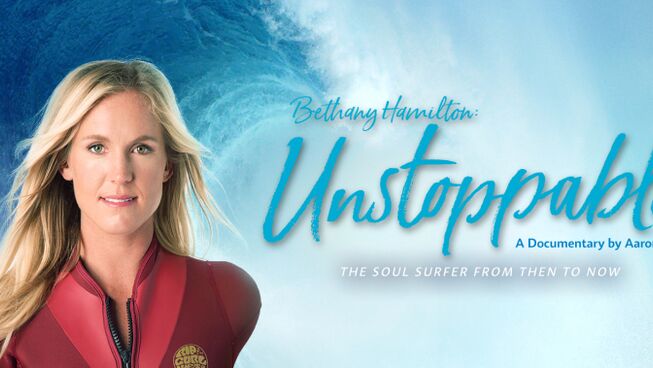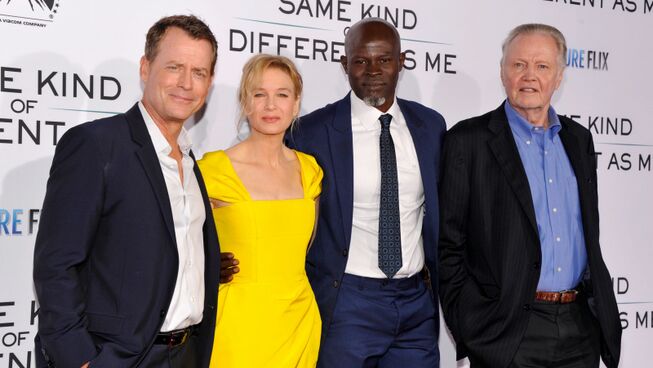
Have you ever wanted to be part of a red carpet event? Then to be able to be there in your pyjamas. Now is your opportunity.
In collaboration with The Salvation Army Red Shield Appeal - a portion of every premiere pass sold will go directly towards this year's "digital door-knock."
Join us on Saturday night for a LIVE panel discussion hosted by Russ Matthews from REEL DIALOGUE and panellists LAURA BENNETT (Movie Reviewer and HOPE 103.2 Presenter) and special guest RON HALL (author, movie producer, speaker) as they chat about the film and the real story behind it.
Ron Hall co-wrote the New York Times Best-selling book (based on the true story of his life) which was the foundation for the film. He has since raised over $100 million for homelessness and is an avid advocate for the homeless. He is also an engagingly honest storyteller.
Get your passes to the special online screenings
ABOUT THE FILM
Based on the book that sold over a million copies and has raised over $90 million towards homelessness to date.
Synopsis: Successful businessman Ron Hall and his wife, Deborah, discover a renewed sense of purpose when they begin to volunteer at a local mission in Fort Worth, Texas. Their lives change forever when they develop an unlikely friendship with Denver Moore, a homeless man who inspires them to save their struggling marriage.
REEL DIALOGUE REVIEW
A story that will have people talking for hours afterwards and hopefully motivate them to reach out to those in need in their community. - Russ Matthews (Reel Dialogue)
Click here to read full review
ABOUT THE TRUE STORY
The film is based on a best-selling memoir of the same name, co-written by Moore, Hall and Lynn Vincent, that has sold over a million copies.
In brief: in 1998, millionaire art dealer Ron Hall, a Texan, father of two and an adulterer, promised he’d do anything to win back his wife Debbie. She gave him a challenge: help her feed the homeless at Fort Worth’s Union Gospel Mission and befriend the scariest man on the block, an ex-felon and murderer named Denver “Suicide” Moore.
What it’s not, Ron says, is a story about a wealthy “art dealer millionaire that saved this poor, African-American homeless man. Nothing could be further from the truth. This man saved me from myself.” Moore “became my mentor in life. He taught me the way to live, not the other way around. He saved me from being an arrogant, self-centred art dealer, to becoming someone who actually cares about the well-being of others.”
Get your passes to the special online screenings
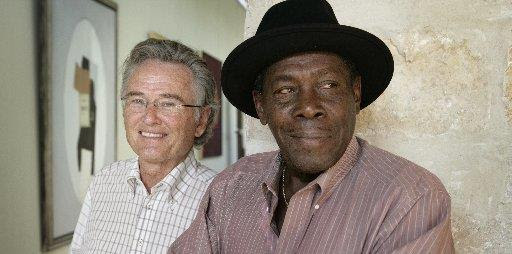 It started with the adultery that Debbie forgave. In return, her husband pledged to do anything she asked him to do. Debbie agreed to never again mention his infidelity, and, he says, “she was true to that promise.” For at least a decade, Debbie asked not a single thing of Hall — until she did. She awoke one night, telling him about a dream she had had, about “a poor man who’s wise, and through his wisdom, our lives and our city are changed forever.” He and Debbie cruised the toughest streets of Cowtown, looking for the man in her dream. They ended up at Union Gospel Mission, where Hall and his wife offered to serve food to the homeless and hungry waiting in line. “The smell,” Hall says, “just took me down. It was so nasty.” It's where he met Moore. The story of their relationship forms the backbone of the book and the movie.
It started with the adultery that Debbie forgave. In return, her husband pledged to do anything she asked him to do. Debbie agreed to never again mention his infidelity, and, he says, “she was true to that promise.” For at least a decade, Debbie asked not a single thing of Hall — until she did. She awoke one night, telling him about a dream she had had, about “a poor man who’s wise, and through his wisdom, our lives and our city are changed forever.” He and Debbie cruised the toughest streets of Cowtown, looking for the man in her dream. They ended up at Union Gospel Mission, where Hall and his wife offered to serve food to the homeless and hungry waiting in line. “The smell,” Hall says, “just took me down. It was so nasty.” It's where he met Moore. The story of their relationship forms the backbone of the book and the movie.
Moore moved in with Hall in 2000, the year Debbie died of cancer. Moore gave the eulogy at her funeral. Hall calls it "one of the most beautiful, heartfelt speeches I've ever heard," saying it drew a prolonged standing ovation from a crowd of nearly 1,000. In 2012, Moore died. "By then, he and I had become closer than brothers," Hall says. “When he moved in with me, he had nothing. But he gave me everything.”
Together, he and Denver helped to raise a reported $90 million (according to Ron Hall) for homeless shelters across the country—a remarkable harvest reaped from the seeds planted by his wife's simple-but-profound love.
Get your passes to the special online screenings
Enjoy more from the Hope at Home Film Festival
Russ Matthews in discussion with Al Stewart: What is it to be a man?

